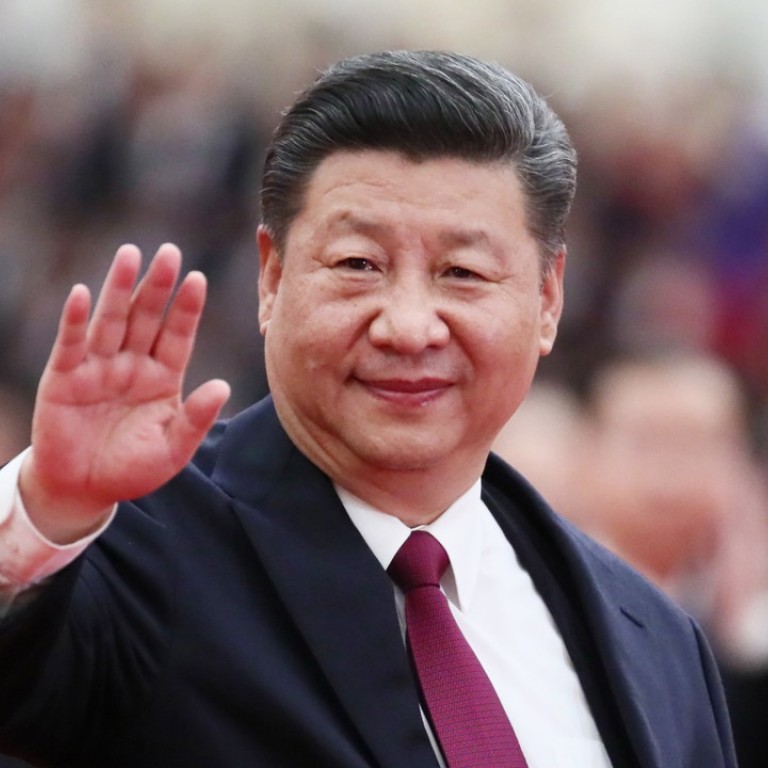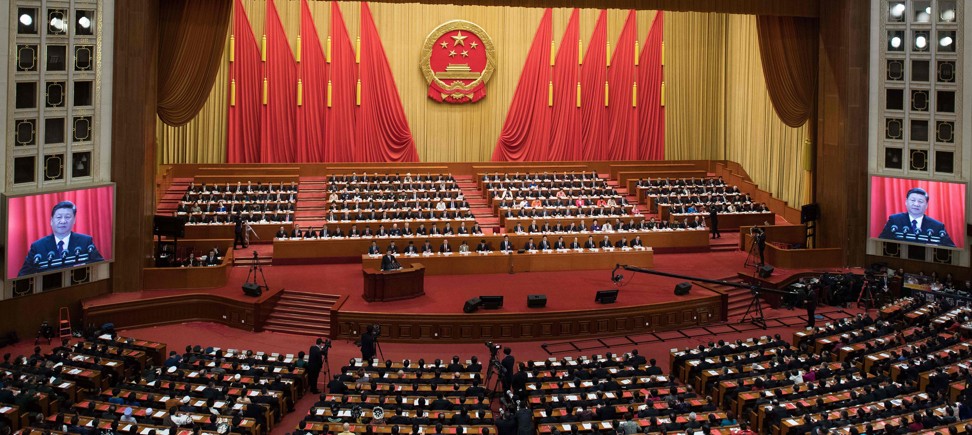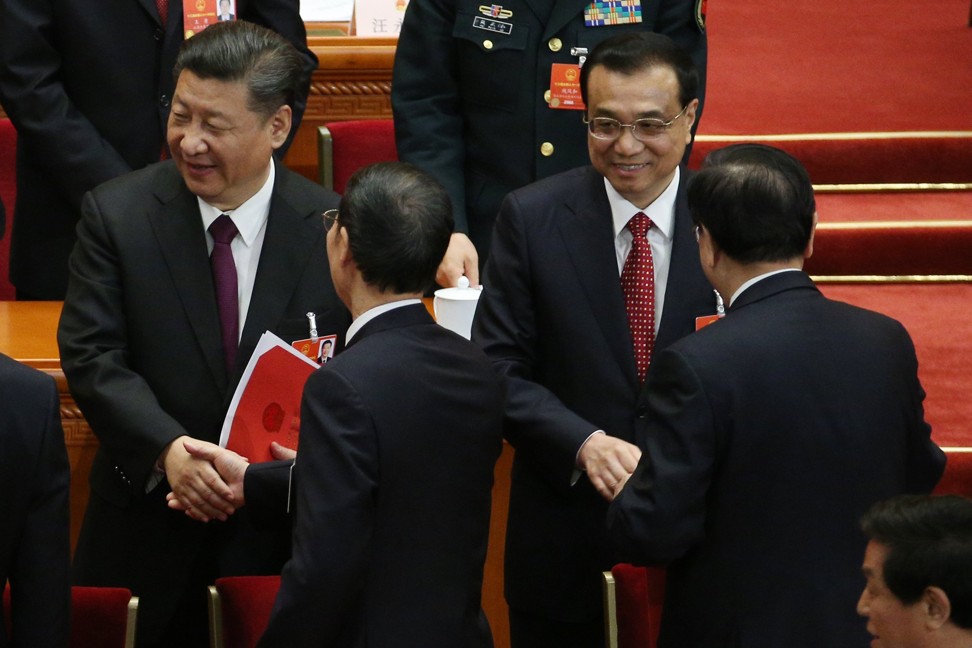
Xi Jinping must use concentrated power for good of the people
In his closing speech to a historic session of the National People’s Congress, China’s strengthened president stressed the role of the Communist Party, the country’s past and the path it would take
President Xi Jinping brought the annual session of the National People’s Congress to a conclusion yesterday with a rousing speech. But as the 16-day meeting of China’s national parliament ends, a new era is taking shape.
This session has seen historic changes to the country’s constitution, paving the way for Xi to rule beyond the end of his second term and enshrining his political theories in law.
The Communist Party’s leadership role has been entrenched and strengthened. Structural reforms have been implemented and senior officials reshuffled.
This concentration of power is intended to provide stability, unity, strength and efficiency as China faces up to the many challenges that lie ahead.
Now, the country and, indeed, the world, is watching to see how this power will be used and whether Xi will be able to deliver on his promise to rejuvenate the nation.

Xi’s closing speech was assertive and, at times, defiant. He warned in stark terms that any attempt to split the country would fail.
The president, elected for a second term, drew on China’s long history and rich culture, saying the country was determined to take its place in the world. This was tempered with assurances that China’s development would not pose a threat to other countries.
The changes to the constitution are intended to strengthen Xi’s rule and that of the party by providing it with greater legitimacy.
The leadership role of the party has been added to the first article, previously it had only been mentioned in the preamble.
He also used the annual session to highlight his commitment to the law and became the first state leader to publicly swear an oath to uphold the constitution. This was done with much ceremony in the Great Hall of the People. Other state leaders then followed his example.

The oath-taking reflects Xi’s moves to institutionalise the party’s rule. The amendments to the constitution to provide for a new supervisory commission to combat corruption are part of the same process.
This is the not the rule of law as it is known in Hong Kong or the West. Checks and balances, such as an independent judiciary, are not present, creating the potential for abuse.
But the emphasis on the importance of the law should increase awareness, especially those in positions of power, of the need to comply with the rules.
Ultimately, the test of Xi’s reforms will be the impact they have on the people of China. The president stressed in his speech yesterday that officials must put the interests of the public first.
With challenges ranging from maintaining a stable economy, to tackling poverty, and protecting the environment, it is to be hoped that these words will be heeded.
Xi has taken bold steps in concentrating power. Now, it must be used wisely for the benefit of the people.

